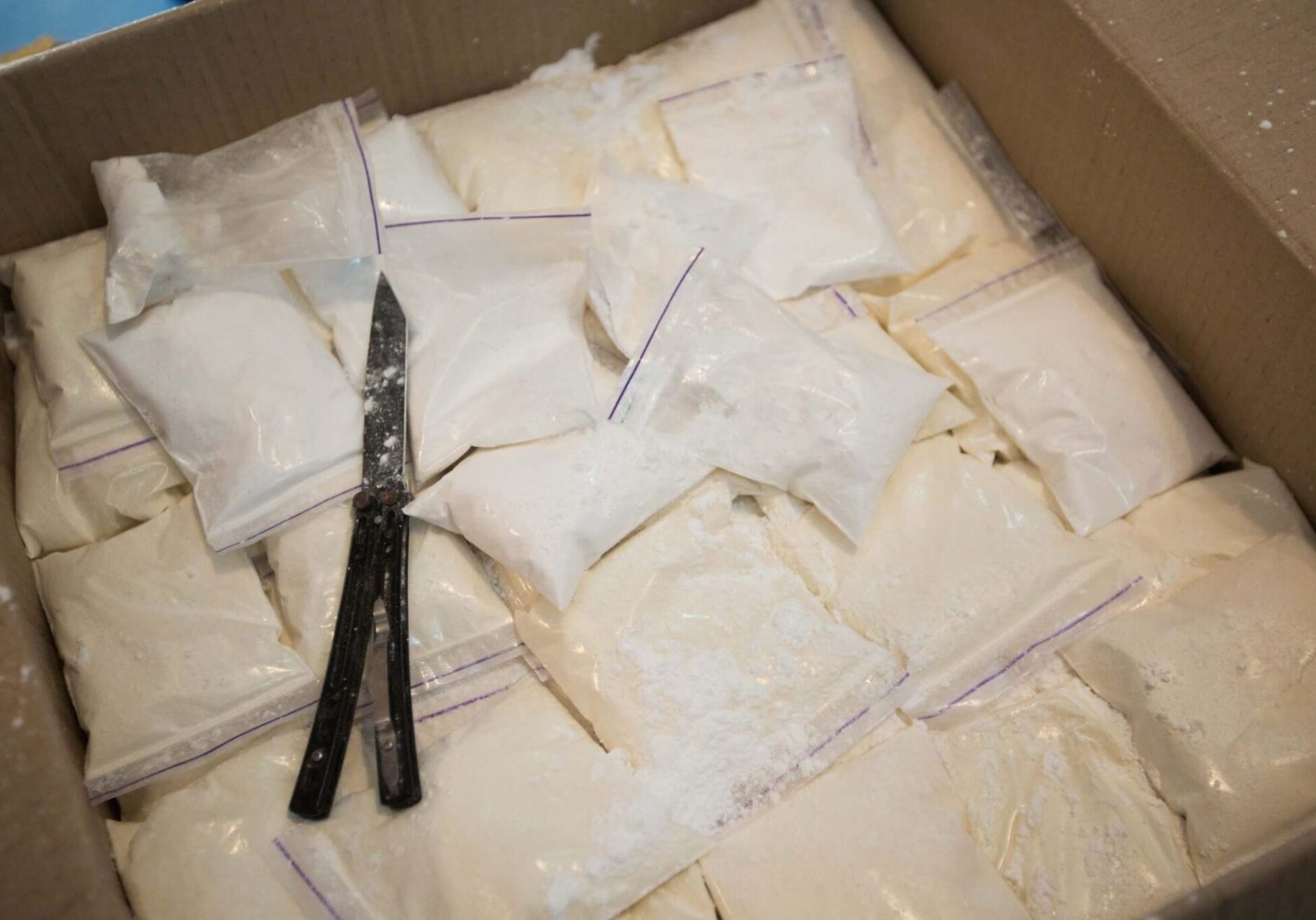Montana Joins Coalition Urging Closure of Drug Trafficking Loophole
The coalition of attorneys general seeks to amend CBP's Entry Type 86 program to tighten U.S. border security against illegal drug imports.

By Staff Writer
Apr 3, 2025
HELENA – Montana’s Attorney General Austin Knudsen, aligning with a coalition of 25 attorneys general, is calling on the Trump Administration to address a significant loophole facilitating the influx of deadly drugs such as fentanyl into the United States. On Monday, the attorneys general presented a collaborative request to U.S. Secretary of Homeland Security Kristi Noem and Acting Commissioner of U.S. Customs and Border Protection (CBP) Pete Flores, targeting the CBP import pilot program known as Entry Type 86. This program currently allows small packages to be imported with minimal customs scrutiny, which, according to the coalition, is being exploited by drug traffickers and foreign adversaries, including China.
The attorneys general stressed the urgent need for enhanced inspections to prevent these entities from smuggling harmful substances like fentanyl, methamphetamine, and cocaine into the country. Knudsen emphasized the coalition’s determination to uphold public safety, stating, ‘As attorneys general responsible for protecting the safety of our constituents, we are proud to partner with President Trump and this Administration to stop the flow of illicit deadly drugs into our country and our communities. Unfortunately, however, traffickers and our foreign adversaries like China are constantly finding new ways to bring fentanyl and other poisons into our neighborhoods.’
While last year fentanyl seizures in Montana were down from the previous year, dangerous drugs are still being trafficked into the state from the southern border at concerning rates. Last year, methamphetamine, cocaine, and heroine seizures were up in the state and fentanyl seizures were still up 354 percent from 2021.
With imports under the Entry Type 86 program soaring from 153 million packages in 2015 to over 1.2 billion in 2024, the concern over unchecked drug trafficking is compounded by increased risks associated with security, illegal trade, and the robustness of the U.S. supply chain. The coalition has highlighted this program’s potential to undermine national sovereignty by enabling illegal drug trafficking and evasion of regulatory duties. Additional states involved in this initiative include Alabama, Arkansas, Florida, Georgia, Indiana, and more, underscoring the national consensus on the need for stringent border security measures.
Stay in the loop—or help power the reporting
Get stories like this delivered to your inbox—or become a supporter to help keep local news bold and free.
